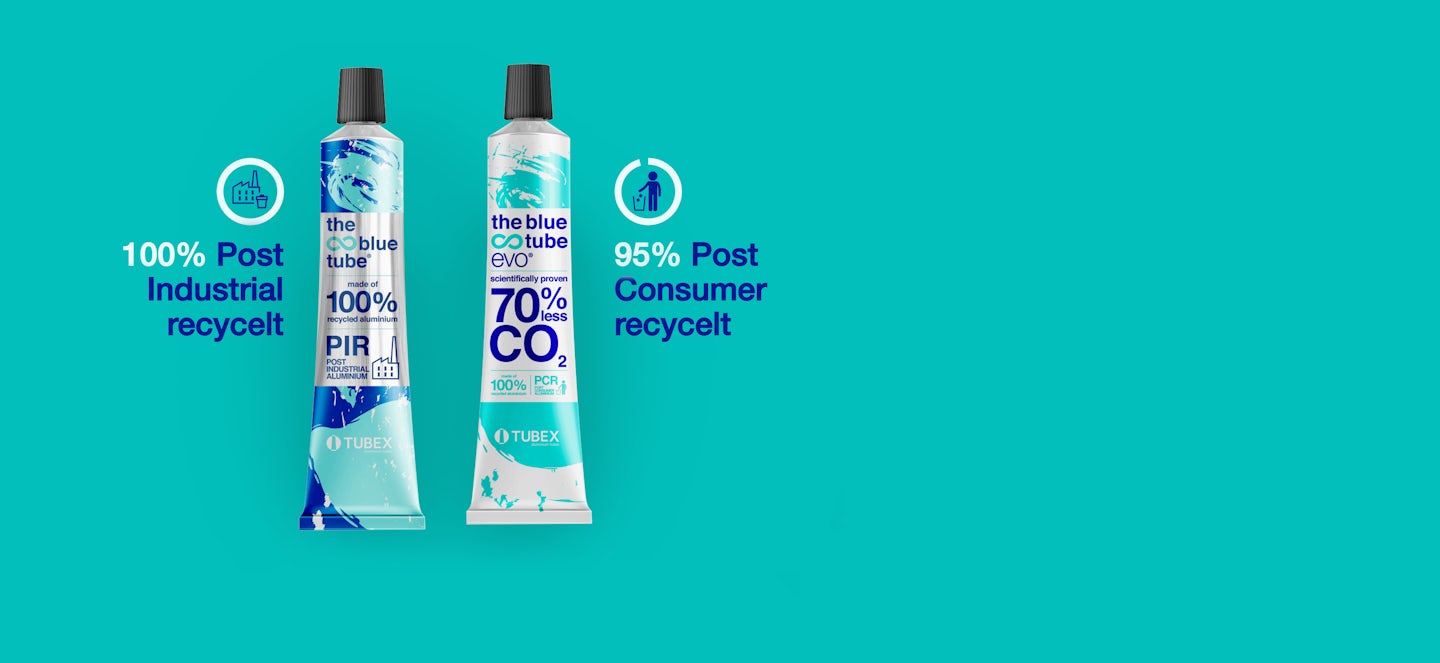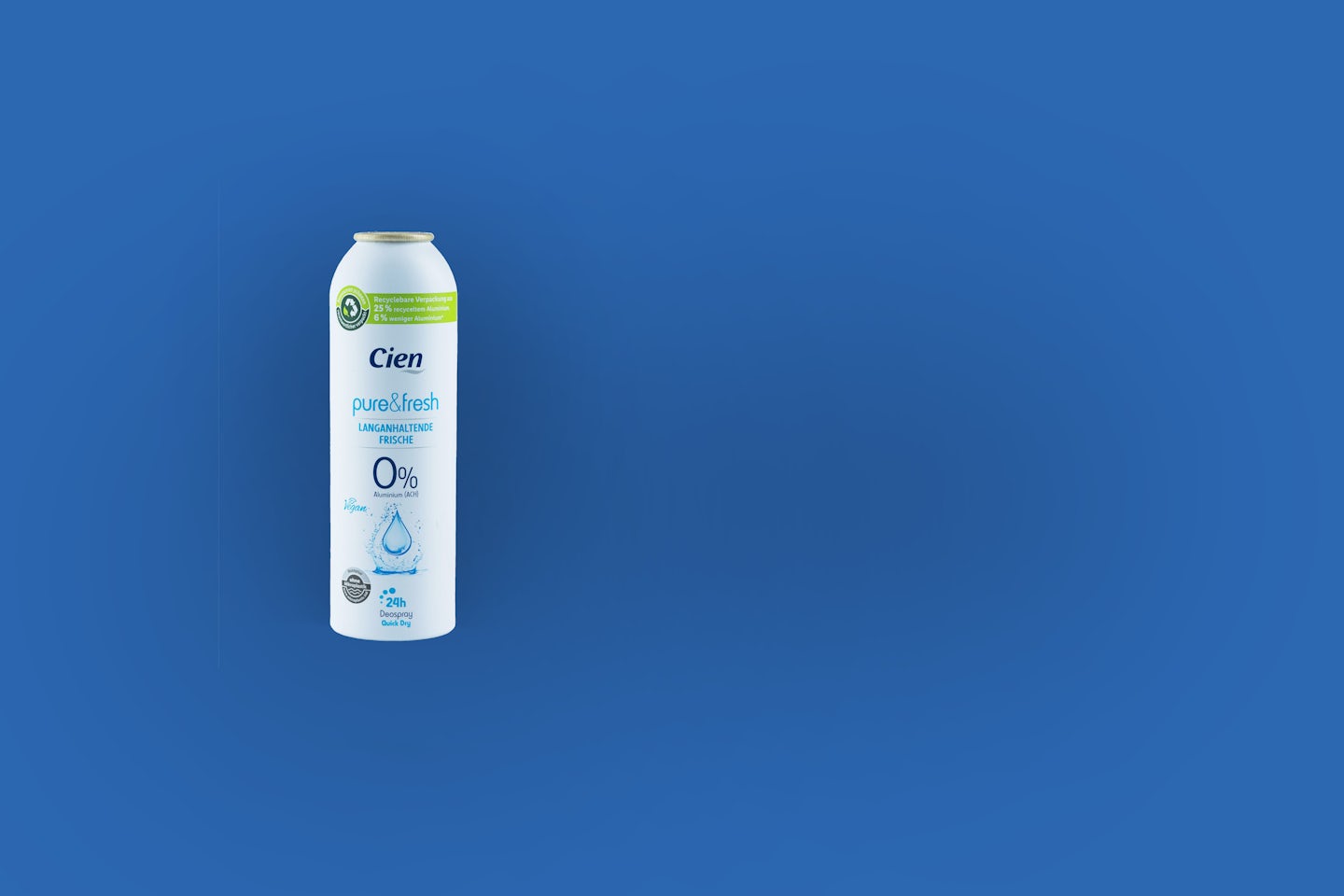Casting
Horizontal continuous casting and slug production
Innovation
We have an innovative peeling machine to remove the inhomogeneous edge zone of our products after horizontal continuous casting. This enables us to meet the quality requirements placed on us in the best possible way.
Horizontal continuous casting
Round bars made of alloy group 6xxx according to EN 573-3, in particular EN AW-6082, 6061, 6063, 6060 are available as standard. Other materials from alloy group 6xxx (e.g. 6110A…) or materials with special analysis requirements can be supplied on request, as can materials from alloy groups 1xxx, 2xxx, 3xxx, 4xxx, 7xxx.
Research and development
We hold numerous patents for the packaging sector that enable us to save material and make greater use of recycled material. We cooperate with our customers as well as with technical universities and research institutes to advance our products with the aim of further optimizing the structural properties, strength values and formability. Consequently, we can meet the quality requirements of our customers individually and in a precisely coordinated manner.
2021 Packaging Award
2021 Packaging Award
With our innovative and resource-saving slugs, our customer Tubex has won the 2021 Packaging Award. Our patented alloys have enabled us to reduce the weight of the Blue Tube EVO by 15 %, and by using PCR (post-consumer recycled) material we have saved up to 40 % in CO₂ emissions.
Canmaker Award
Canmaker Award
Thanks to the patented Neucan 3.1 alloy, developed in cooperation with Tubex, the Tubex cans have won a gold and a silver award. Our Neucan 3.1 alloy has a wall and base thickness reduced by up to 17.2 % compared to the previous can. Neucan 3.1 consists of 25 % genuine PCR recycled material.
Process
Both slug production and horizontal continuous casting begin with the melting of aluminum.
1. Melting
At 750 °C, we melt down recycling material. 50,000 tons of selected aluminum thus remain in the cycle each year. God save the scrap!
2. Casting and rolling
The liquid aluminum is poured into a continuous strip. To achieve the desired slug strength, the strip is first hot-pressed and then cold-pressed.
Bars with a diameter of 45 mm to 203 mm are cast horizontally.
Process
Both slug production and horizontal continuous casting begin with the melting of aluminum.
1. Melting
At 750 °C, we melt down recycling material. 50,000 tons of selected aluminum thus remain in the cycle each year. God save the scrap!
2. Casting and rolling
The liquid aluminum is poured into a continuous strip. To achieve the desired slug strength, the strip is first hot-pressed and then cold-pressed.
Bars with a diameter of 45 mm to 203 mm are cast horizontally.
Further processing: Slug making
3. Punching
The desired slug shapes are punched from the finished strip.
4. Surface treatment
Surfaces of slugs are treated according to customer’s requirements: bright, blasted or scrubbed.
5. Logistics
The final steps are packaging and logistics, depending on customer requirements.
Further processing: Slug making
3. Punching
The desired slug shapes are punched from the finished strip.
4. Surface treatment
Surfaces of slugs are treated according to customer’s requirements: bright, blasted or scrubbed.
5. Logistics
The final steps are packaging and logistics, depending on customer requirements.
Further processing: Horizontal continuous casting
3. Heat treatment
This is followed by heat treatment in homogenizing furnaces with subsequent defined ingot cooling.
4. Ultrasonic inspection
By means of an automated ultrasound inspection system, the entire volume is inspected.
5. Peeling
The inhomogeneous edge zone is removed with our unique peeling machine, followed by an automatic surface inspection. The peeled bars have a diameter from 40 mm to 200 mm.
Further processing: Horizontal continuous casting
3. Heat treatment
This is followed by heat treatment in homogenizing furnaces with subsequent defined ingot cooling.
4. Ultrasonic inspection
By means of an automated ultrasound inspection system, the entire volume is inspected.
5. Peeling
The inhomogeneous edge zone is removed with our unique peeling machine, followed by an automatic surface inspection. The peeled bars have a diameter from 40 mm to 200 mm.
Locations and certificates
Our casting plants have an integrated management system and are certified according to the following standards: ISO 9001, ISO 14001, ISO 45001, IATF 16949, AEO. Each year, in Austria and China we produce 60,000 t of slugs for the packaging and automotive sectors and 20,000 t of feedstock for forging applications in the automotive sector. For the forging input material, we use 95 % recycled material, producing bars with a CO₂ footprint of just 0.9 kg of CO₂/kg of aluminum.
Work for Neuman Aluminium
Work with us on cross-industry innovations that add sustainable aluminum to our lives!

